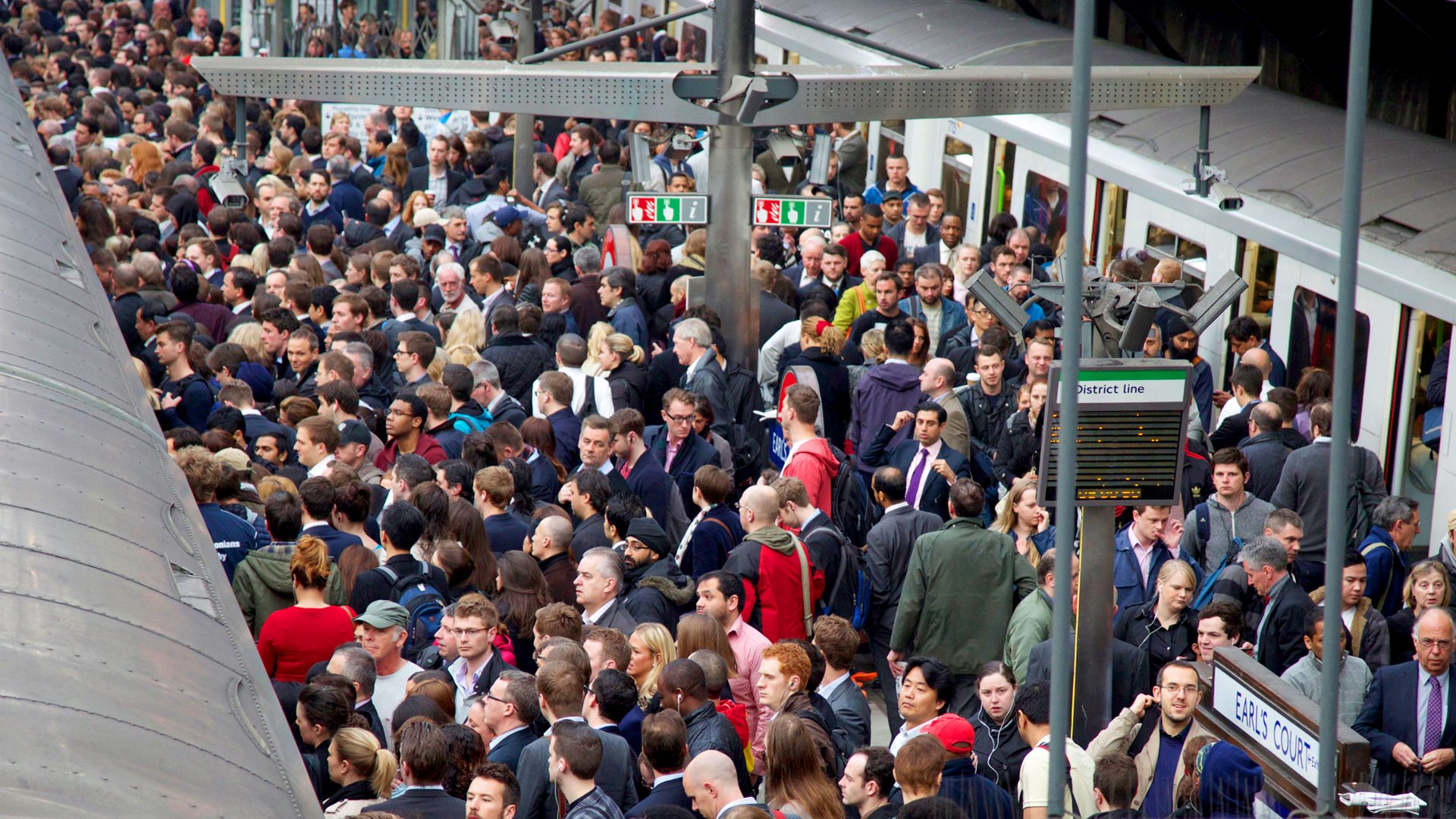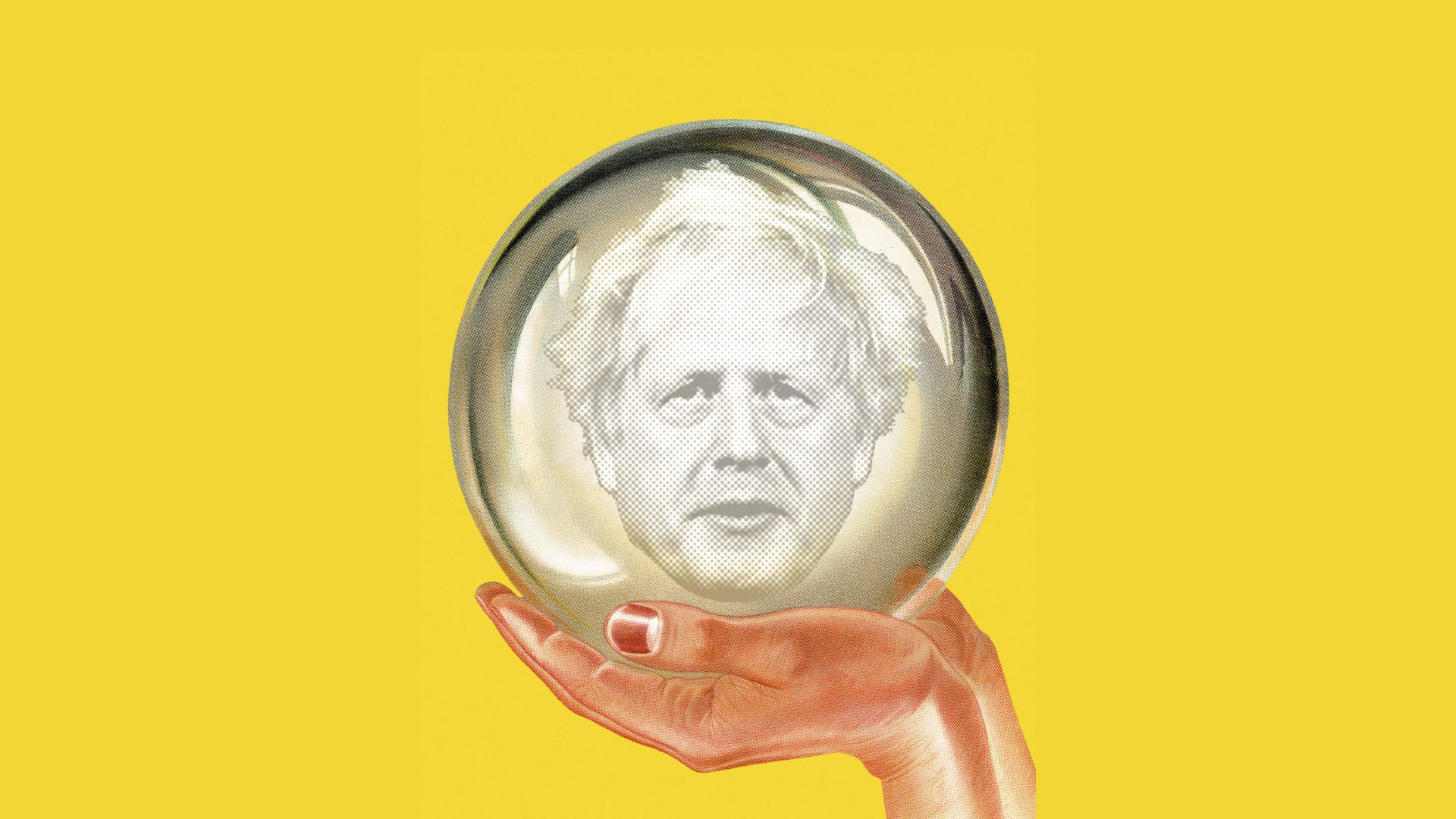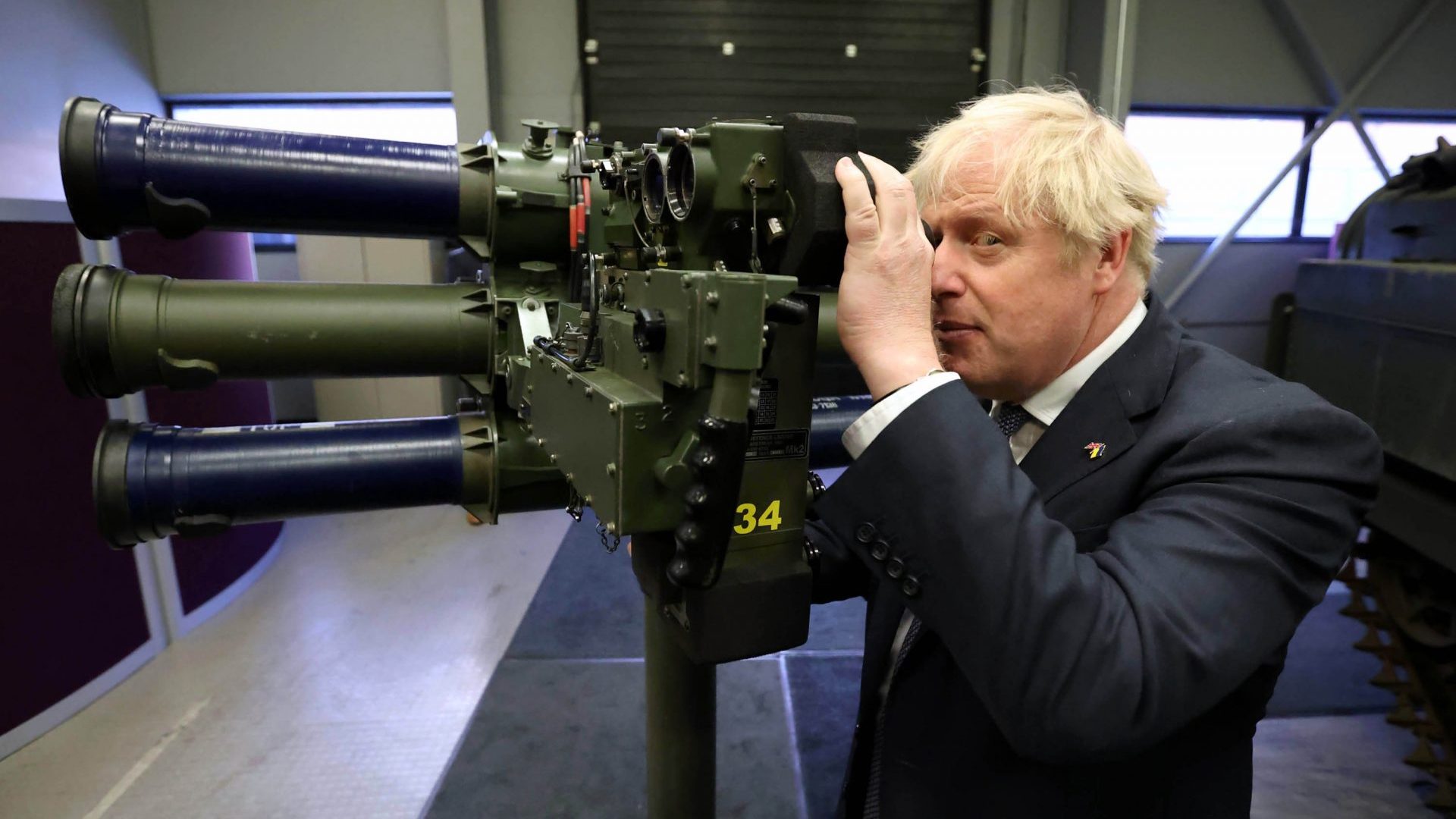It’s going to be a summer of strikes. Teachers and council workers in Scotland, train drivers across the country, BA workers at Heathrow, cabin crew at Ryanair all look set to stop work, with the rail strikes designed to create rolling disruption.
What’s triggered this sudden outbreak of militancy is, in the short term, a mixture of rocketing inflation and falling growth. Though average pay is set to rise 7% this year, inflation stands at 9%, so the average worker is experiencing a real pay cut of 2%. For many it is worse.
But it’s the long-term stagnation of people’s wages that underpins both the unrest and in many cases the panicked reaction of families, as the cost of energy, petrol and food go through the roof.
In the decade before Lehman Brothers collapsed in 2008, UK median hourly wages rose an average 3.9% a year. In the decade that followed, wages grew only at 2.1% on average – and when you compare this with the average 2.2% inflation, it’s been 10 years of wage stagnation.
With deep austerity for workers in the public sector, insecurity for those in the private sector, and five million people self-employed, Britain’s workforce during the 2010s decade saw its bargaining power ebb.
Then came Brexit and Covid in quick succession. At the high-skilled end, workers suddenly had the power to bargain with their bosses over conditions for working from home. Among the lower-skilled and lower-paid, many seasonal workers from Eastern Europe went home and didn’t come back.
Add to that the impact of Long Covid, and you have a rolling skills shortage. Essential services like oil terminals are poaching HGV drivers from firms further down the food chain. Abattoirs are poaching vets from the local high street. Care homes are handing back their local authority contracts because they can’t find staff.
So the strikes are just the end product of a complex and chaotic bargaining process. It’s no surprise they are clustered in state-subsidised monopolies and the public sector: these labour-intensive public services can’t just respond by borrowing or cutting services. So their workforces are set to strike.
For Boris Johnson, the strikes present a perfect adversary. Because of anti-union laws, no strike can really be effective – using the old tradition of a strike fund, where workers withdraw their labour indefinitely until the managers give in.
Because strikes set producers against consumers, there’s an open goal for the Tories and the tabloid editors to depict strikers as greedy, out of touch or extremist. Because of this, Labour MPs have been all over the place on strike action. Some, like future leadership hopefuls Wes Streeting and Lisa Nandy, have backed them; Sir Keir Starmer, fearing a backlash, has refused to do so. With union membership at a record low ebb, and virtually non-existent in the precarious, low-paid jobs many young people do, Labour will need to explain carefully to the wider electorate – already stressed by rising bills and prices – why it’s backing the disruption.
But it’s essential to support the strikes. They are one way – if not the only way – to redress the fundamental sickness facing the economy: the declining share of the economic pie going to workers in the form of wages, and the ever-rising share of the economy flowing to business owners in the form of profit.
A new report from the Progressive Economy Forum shows how badly workers have fared over the past 20 years. Twenty years ago, some 42.6% of GDP went to workers in the form of wages. Before Covid hit, that had shrunk below 40%.
During the pandemic, because of the furlough and other measures, the “wage share” suddenly shot back up to the levels of 20 years ago. But now it is set to plummet.
If real wages are flat, or falling, then eventually demand stagnates and we go into recession. This week’s ONS figures, showing that the economy shrank 0.3% in April, show the price we pay economically if that goes on.
There’s no chance the Bank of England can boost growth: because of its remit to keep inflation around 2% it will probably be forced to raise interest rates, flattening demand some more.
So the answers – in the short and medium term – have to come from rising real wages. The PEF’s economists propose raising the minimum wage rapidly to £15 by 2024 – up from £9.50 today. As the campaigner Jack Monroe points out, the real experience of inflation is many times higher at the bottom of the pay ladder: with basic foodstuffs rocketing in price. The PEF argues that, because of this, hiking the pay of the lowest earners would have a disproportionately better impact on the whole economy.
In the long term we need what Johnson promised but has now reneged on: an economy where high wages, high skills and high productivity are the norm. To get there you would have to reverse three decades of under-investment and put the very union leaders who are striking now around the boardroom table, in the kind of partnership arrangements that Europe’s most successful countries follow.
But this government isn’t in it for the long term: it’s in it for tomorrow’s headlines. So we’re in for a summer of union-bashing, as well as discontent.
As you hear the mouldy old rhetoric come out – about union bullies, dinosaurs and barons – remember: almost everything workers have, from the time-limited working day to anti-harassment rules to the very existence of the weekend, was won by doing what those teachers, railway workers and baggage handlers are about to do.




